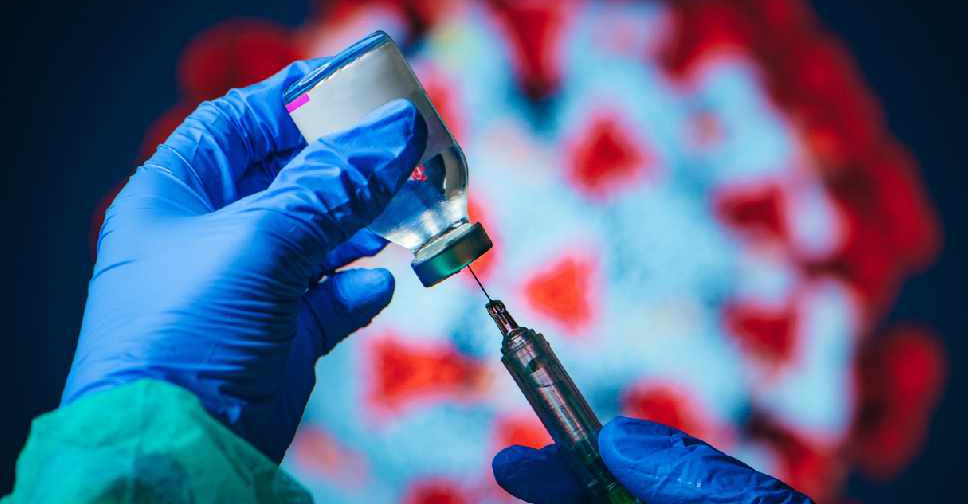
A new study has revealed that people who got COVID-19 vaccination after getting infected tend to have a weaker immune response to the shots compared to those who never had the virus, potentially leaving them less protected against reinfection.
The study, co-funded by the National Institutes of Health and released on Monday, challenges older research that suggested prior COVID-19 infection enhanced a vaccinated individual’s immune response – a phenomenon known as hybrid immunity.
The study, conducted by researchers from Stanford University, analyzed the immune response of CD4+ T cells and CD8+ T cells in individuals who had been infected with COVID-19 before receiving the vaccine and those who had not been infected. The study found that those who had not been infected before produced a “robust” response to the virus, whereas those who had a prior infection produced “considerably lower” cell responses “with less functionality”. Unvaccinated individuals who had been infected with COVID-19 also had even lower levels of CD8+ T cells.
The study authors suggest that the findings indicate that a COVID-19 infection damages an important immune cell response that is crucial to fighting the virus. This may leave vaccinated individuals with a prior infection less protected against reinfection, highlighting the need to develop new vaccine strategies that will specifically boost CD8+ T cell responses in people previously infected with COVID-19.
The findings of the research will be significant for public health officials who continue to study new approaches to COVID-19 vaccination that could decrease the number of doses required per year or require drugmakers to periodically update their shots to target emerging variants of the virus.
According to the Centers for Disease Control and Prevention, approximately 81 per cent of the US population has received at least one COVID-19 shot, with nearly 70 per cent completing their primary series doses.
The study also comes as the US continues to see nearly 150,000 new COVID-19 cases each week, indicating that the virus remains a significant public health threat. The research highlights the need for ongoing investigation into the impact of COVID-19 on individuals, particularly in the context of vaccination and the potential for reinfection.




 Philippines confirms visit by alleged Bondi gunmen amid terrorism concerns
Philippines confirms visit by alleged Bondi gunmen amid terrorism concerns
 Israeli forces kill Palestinian teen in West Bank, health ministry says
Israeli forces kill Palestinian teen in West Bank, health ministry says
 Trump sues BBC for defamation, seeks up to $10 billion in damages
Trump sues BBC for defamation, seeks up to $10 billion in damages
 FBI foils 'terror plot' targeting Los Angeles
FBI foils 'terror plot' targeting Los Angeles



